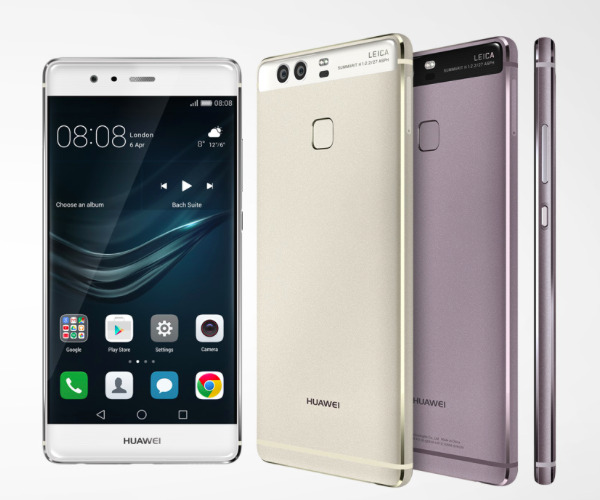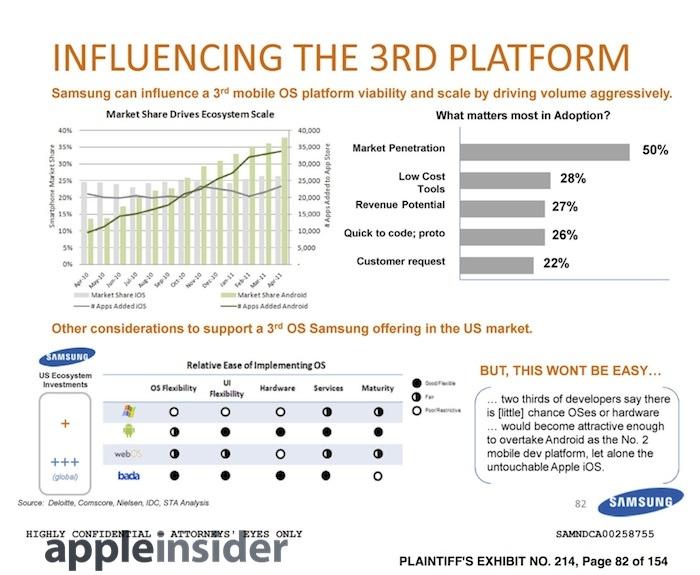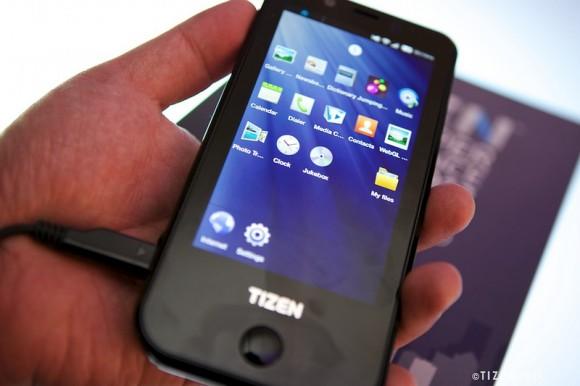Huawei, the second largest Android phone maker in market share behind Samsung, is "secretly developing an alternative mobile operating system" in a bid to hedge its bets against Google's increasingly assertive control over Android.
China's Huawei (pronounced "wah-way") is working to embellish its current Android "skin" appearance the on phones it sells to appear less like a copy of iOS, but the company is also working on an OS of its own as a contingency measure, reported Amir Efrati of The Information.
The privately held Huawei recently surpassed Xiaomi and Lenovo to take the lead among Chinese phone producers. It reportedly shipped 108 million smartphones in 2015 and posted increases in both revenues and profits, although the report noted that Chinese firms' financials are "treated with skepticism among mobile executives in the West, who say it's too easy for such a private firm to fudge its numbers."
Those shipments are well below Apple's reported sales of 231 million iPhones in fiscal 2015, and the selling price of Huawei's phones are, like all Android vendors, much lower. However, Huawei is second among Android vendors with about 8 percent of global market share by unit volume, following only Samsung and its estimated shipments of 300 million phones last year.
While achieving high volume sales in China, Huawei has struggled to gain a footing in the US and other markets. Huawei "hasn't yet been able to strike a deal for a top U.S. wireless carrier to sell one of its flagship phones," the report noted. "That's probably because the U.S. government forbids those same carriers from using Huawei telecom equipment due to fears of Chinese government snooping."
The Information also noted that "the U.S. is reportedly looking into whether Huawei violated export rules by selling equipment in Iran, North Korea and other countries for which the U.S. restricts the sale of American-made components (some of which are in Huawei products)."
Apple's iOS is the envy of Android
Owning iOS has given Apple the ability to tightly integrate its hardware and software, enabling it to rapidly introduce new features and build support behind initiatives ranging from ApplePay to Continuity and HomeKit.
Samsung has struggled to develop its own OS software, initially serving as a licensee for Nokia's Symbian, then adopting Microsoft's Windows Mobile and toying with Linux, including the Bada and Tizen projects.
It has seen its greatest success with Android, which helped it to quickly create an iPhone copy it could bring to market, as the company noted in internal documents outed during Apple's lawsuit against Korean conglomerate. However, Samsung's relationship with Google has grown strained over a fight to control the platform.
Google's platform strategy around Android has also started to collapse. Following the ouster of its original founder, the company was taken over by the former head of Chrome OS. It has subsequently introduced high profile new initiatives— Chromecast and Home— that are driven by Chrome OS, not Android. It has also announced plans to port Android apps to run on Chrome OS and is reportedly seeking to combine the two into a future system that would likely serve Google's purposes rather than serving the needs of its licensees.
China's hardware makers want their own everything, just like Apple
To achieve the independence and flexibility that iOS gives Apple, Samsung has thrown support behind Tizen, a Linux distribution incorporating a native C runtime. The company has used Tizen to replace Android Wear on its flagship smartwatch offerings, but so far has only introduced Tizen smartphones (a prototype, below) in limited runs.
Observing the problems Samsung has had with Google, Huawei knows it must develop its own OS platform to avoid similar issues. Because Samsung's sales amount to more than half of Android's unit shipments, the idea of Samsung going solo with Tizen should ranklel remaining Android licensees, as that would likely greatly diminish the value of the platform.
Like Samsung, Huawei has also sought to copy Apple's vertical integration in the realm of Ax custom silicon. While most Android licenses have relied upon third party chip designers including Qualcomm and MediaTek, Samsung started customizing its own ARM Application Processor designs under its Exynos brand, and Huawei has developed its own internal Kirin 950 chip under its HiSilicon subsidiary.
Last fall, China's ZTE also announced plans to develop its own Linux-based mobile OS, as well as efforts to develop its own custom Application Processors.
Market analysts report a widely percolating set of numbers pertaining to unit market share among Android smartphone makers, but have yet contributed little insight into why so many Android licensees are working to copy Apple even closer than Android can allow them to by rolling their own mobile OS. They're clearly not content in sharing a basic slice of the communal market share credited to Android.
 Daniel Eran Dilger
Daniel Eran Dilger









-m.jpg)






 Charles Martin
Charles Martin
 Christine McKee
Christine McKee
 Wesley Hilliard
Wesley Hilliard
 Malcolm Owen
Malcolm Owen
 Andrew Orr
Andrew Orr
 William Gallagher
William Gallagher
 Sponsored Content
Sponsored Content








28 Comments
I really like that purplish colour
So....
like Tizen.
Ok...
This will result in a lot of mess. Notwithstanding the current Android fragmentation, developer have to deal with XXX OS, YYY OS, ZZZZ OS, let alone each OS subsequent updates. I can't even imagine the nightmare, say, Instagram developer have to deal with 10 different OS release. That if it was assumed each OS has equal market-share. Regardless, I don't see any of these will impact Apple in anyway as long as there is only 1 iOS.
The android makers are in a mess all of their own doing. Just like the old cellular makers, everyone will have their own OS, nothing will work with each other, and then no one will buy their crap.
So what are they going to do? Create their own App store? Who's going to develop for it? Who's going to maintain it? They will not have the ability to stay current with changing technology and security so they are screwed either way.
It will echosystem of five applications. The rest will be developed later...